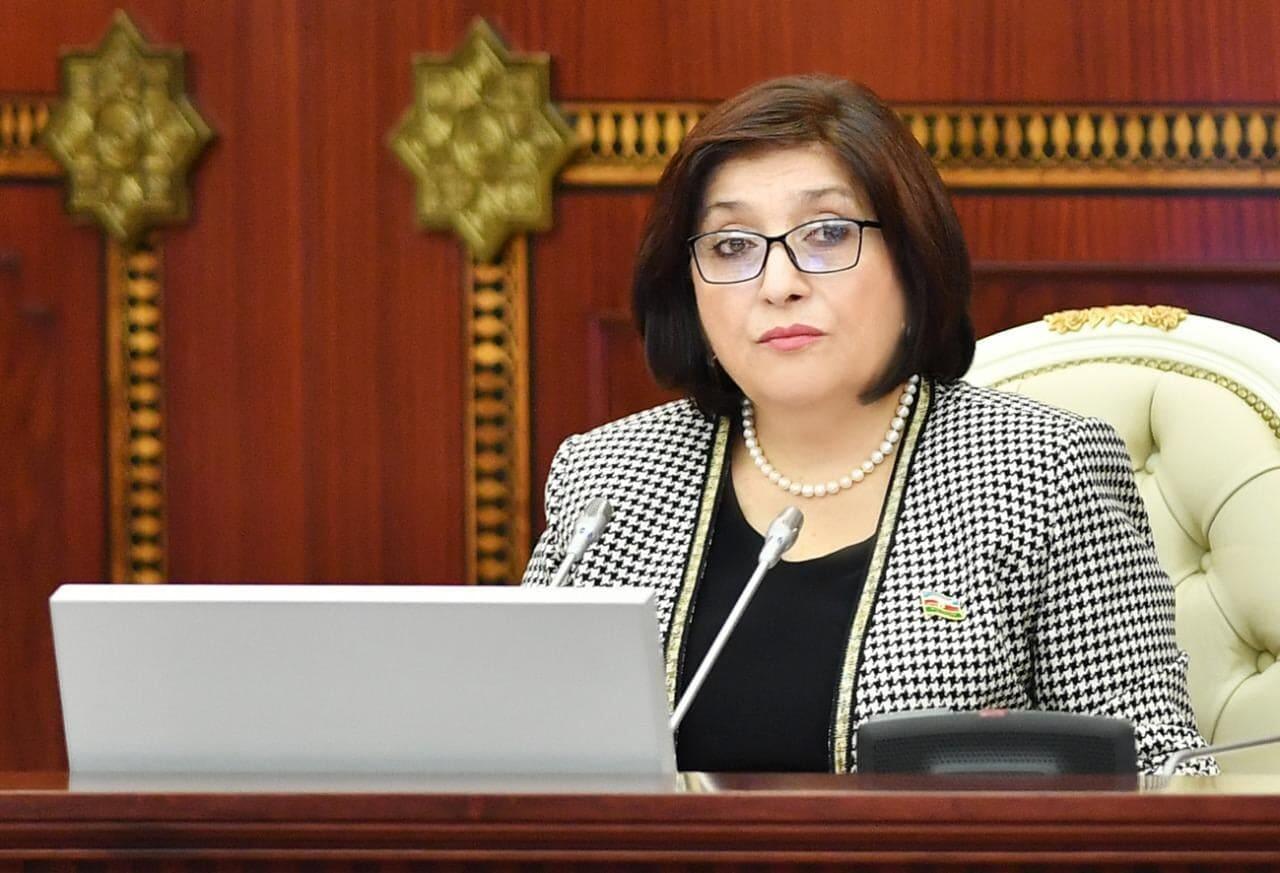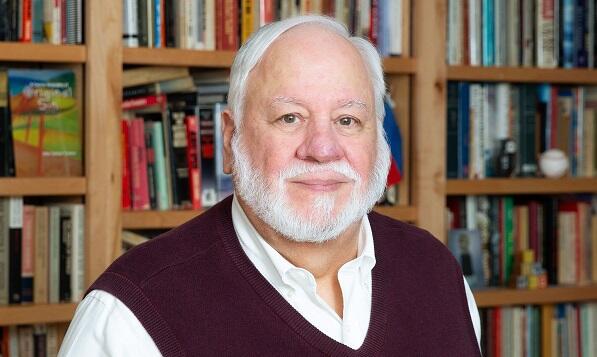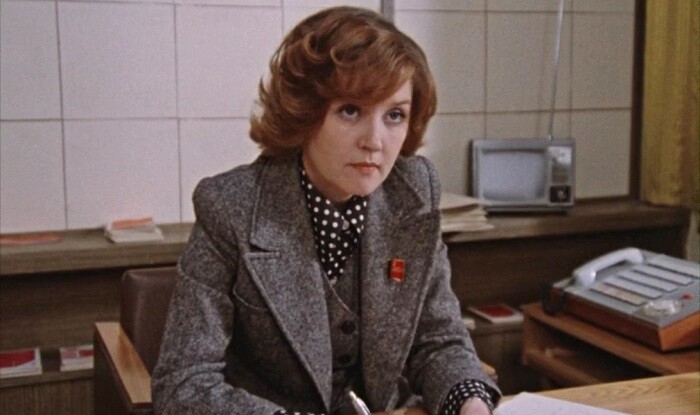Axar.az presents an article "I can't say this enough" by John Samuel Tieman.
I can't say this enough. We know all we need to know about educational reform.
In 2022, the U. S. Department of Education conducted a survey. It found that 21% of adults are illiterate. Think about that for a second. One in five adults can't read. These folks have difficulty comparing and contrasting information, paraphrasing, or making low-level inferences. 54% of adults have a level of literacy below the sixth-grade level. Those folks can't read the essay you're reading right now. 4% of folks surveyed did not possess the skills necessary to even complete the survey.
Our country was founded on revolutionary principles. The Founders, however, had questions about whether or not those principles could be sustained. We often forget that perhaps a third of the American colonists opposed the Revolution, and another third were neutral. Their solution? We educate the children in the habits of citizenship. These habits included being informed, voting, participating in such things as town hall meetings. The children would attend the common school. What was common about the common school was that everyone would have precisely the same education. Horace Mann, who was elected secretary of the newly founded Massachusetts Board of Education in 1837, argued that common schools were necessary to inculcate the moral values of republicanism, and to educate every citizen in the way one participates in a democracy. The common school gave way to our present system, which includes the comprehensive high school. That said, education for participation in a representative democracy remains an ideal of American schooling.
Today, I fear we will lose these abilities that allow us to participate in a democratic republic. As paradoxical as it may sound, we need to reform public education in order to get back to the roots of our public schools.
I'm going to risk being a broken record. I've said this before. But it's always a mistake to think that saying something once is sufficient. So – here's what we know about reforming the public schools. These four points. We need order in our schools. We need teachers to be empowered. We know that instruction should be individualized. We know that we should have smaller, intimate classes.
One. Discipline. This is not about being punitive: It is about bringing order. The problem is that reforms are imposed, but discipline is not. Recently, several schools in St. Louis closed because of fights. One school had fourteen fights – in a day! Any orderly school can implement almost any program it wants. Without discipline, reforms are doomed.
I witnessed an incident wherein a boy assaulted a teacher, and then put his fist through a window. This boy was in that teacher’s class the next day. This isn't unusual. Why? Much of the problem has to do with funding. In most states, public schools are funded according to the number of kids in the seats. Administrators are pressured to keep down the number of suspensions and expulsions. That pressure is passed along from the central office to the school office to the classroom.
Two. Teacher empowerment. We always talk about teacher empowerment. We always talk about it because we never do it. The reason is simple. Elected and appointed politicians, meaning boards and administrators, are going to have to give up some power.
Today, teachers are like the King of England. Teachers have the right to be advised, and we have the right to consent. Like the king, often we don’t even have the right to choose our own words. For example, I once taught a program that was entirely scripted. “Teacher-proof education.” I have a Ph. D. and, at that time, about thirty-five years as a certified teacher, yet I was not empowered to choose my very words. It was a bad program, and every teacher in that school knew it was, in fact, counterproductive. But we could do nothing. There is no power unless the individual owns at least one word, “No.”
I remember this workshop. A teacher asked a question of an administrator. The teacher began in a self-deprecating manner. The administrator interrupted and said, “There are no stupid questions, only stupid teachers.” Not one teacher said a word. Why? We have so little power.
My third point is the need for individualized instruction. There is a trend toward one-size-fits-all reforms. In a district where there is great diversity, there are limits to any one program. Instruction needs to be varied.
Lastly, we need smaller classes. Twelve should be the maximum. Ten is better than that. The object is intimacy. Unfortunately, we have gone in the opposite direction. Teachers often manage huge classes I know a sixth-grade teacher, a truly inspired woman, who had a class of forty-six. I will forever remember her crying outside her classroom. She left teaching shortly thereafter. She is not unusual.
I've said all this before. So have others. Nothing I say here is new. But, in simply doing what we know we need to do, these four points would be radical reforms. Fortunately, teachers, principals and administrators know all we need to know in order to implement these reforms. We know where to begin.




















































